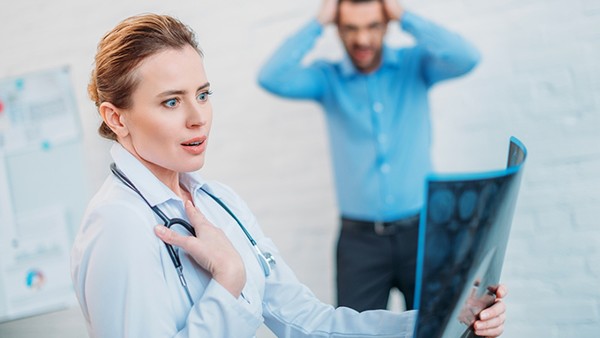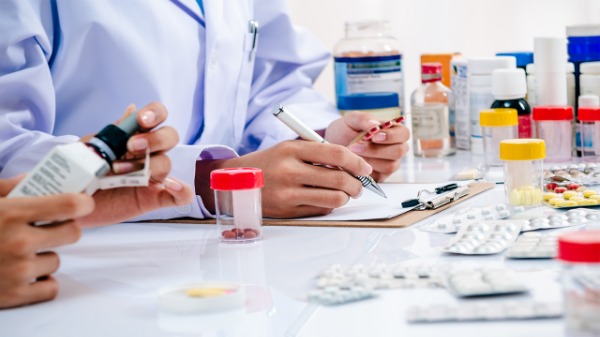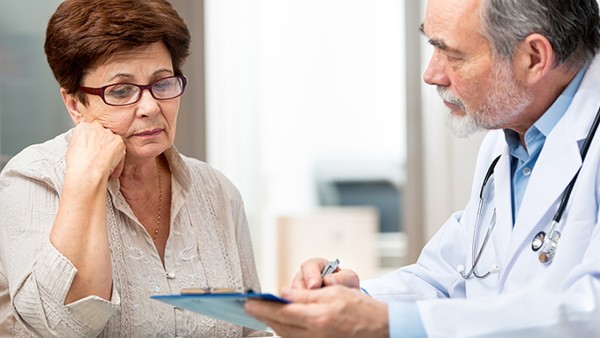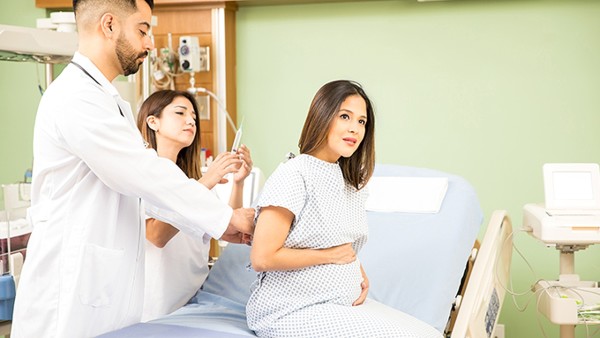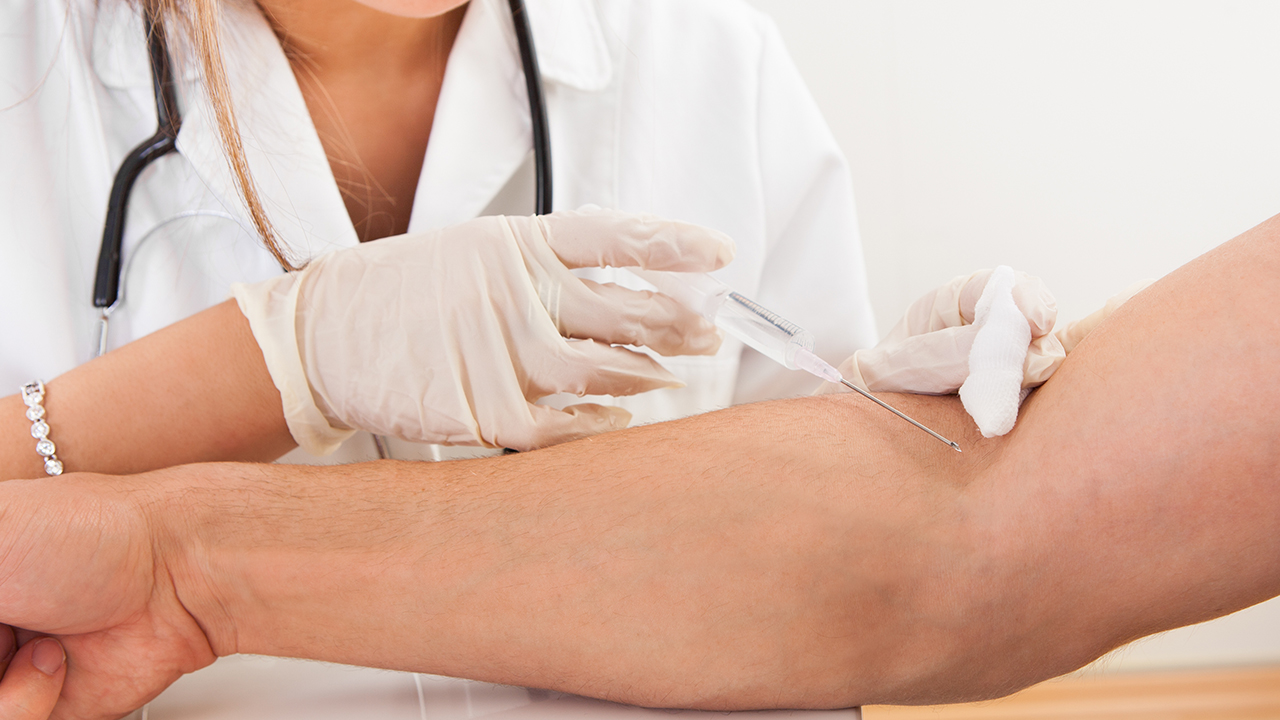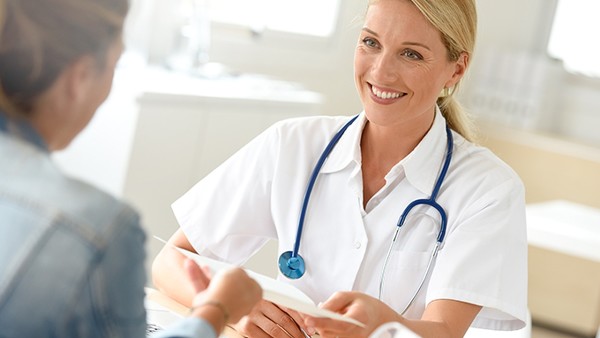Where to Start with STD Health Care

Sexually transmitted diseases (STDs) are a common problem, affecting millions of people each year. While some STDs can be cured, others can cause serious health problems if left untreated. That's why it's important to get tested for STDs regularly, especially if you're sexually active.
There are many places where you can get tested for STDs, including your doctor's office, a local health clinic, or a Planned Parenthood clinic. The cost of testing varies depending on the type of test and where you get tested.
If you test positive for an STD, it's important to see a doctor right away. Treatment for STDs varies depending on the type of infection. Some STDs can be treated with antibiotics, while others require more specialized treatment.
In addition to getting tested and treated for STDs, there are other things you can do to protect your sexual health. These include:
Using condoms every time you have sex
Limiting your number of sexual partners
Getting vaccinated against HPV and hepatitis B
If you have any questions about STDs, talk to your doctor or a healthcare professional.
What are the symptoms of STDs?
The symptoms of STDs can vary depending on the type of infection. Some common symptoms include:
Genital itching or burning
Sores or bumps on the genitals
Unusual discharge from the genitals
Painful urination
Fever
Chills
Fatigue
If you experience any of these symptoms, it's important to see a doctor right away.
How are STDs treated?
Treatment for STDs varies depending on the type of infection. Some STDs can be treated with antibiotics, while others require more specialized treatment.
Here are some examples of how different STDs are treated:
Chlamydia: Chlamydia is treated with antibiotics.
Gonorrhea: Gonorrhea is treated with antibiotics.
Syphilis: Syphilis is treated with antibiotics.
HPV: There is no cure for HPV, but there are treatments that can help to manage the symptoms.
HIV: There is no cure for HIV, but there are treatments that can help to slow the progression of the disease.
How can I prevent STDs?
There are a number of things you can do to prevent STDs, including:
Use condoms every time you have sex. Condoms are the most effective way to prevent STDs.
Limit your number of sexual partners. The more sexual partners you have, the greater your risk of getting an STD.
Get vaccinated against HPV and hepatitis B. The HPV vaccine can protect you from cervical cancer and other HPV-related diseases. The hepatitis B vaccine can protect you from hepatitis B, a serious liver infection.
When should I get tested for STDs?
You should get tested for STDs if you are sexually active. The recommended frequency of testing depends on your individual risk factors. If you are at high risk for STDs, you should get tested more often.
Here are some of the factors that can increase your risk of getting an STD:
Having multiple sexual partners
Not using condoms every time you have sex
Having a history of STDs
Being in a relationship with someone who has an STD
If you are at high risk for STDs, you should get tested every 3 to 6 months. If you are at low risk for STDs, you should get tested at least once a year.
Where can I get tested for STDs?
There are many places where you can get tested for STDs, including:
Your doctor's office
A local health clinic
A Planned Parenthood clinic
A community health center
The cost of testing varies depending on the type of test and where you get tested. Some clinics offer free or low-cost testing.
What happens if I test positive for an STD?
If you test positive for an STD, it's important to see a doctor right away. Treatment for STDs varies depending on the type of infection. Some STDs can be treated with antibiotics, while others require more specialized treatment.
It's also important to notify your sexual partners that you have an STD. This will help them to get tested and treated, which can prevent the spread of infection.
Resources
There are a number of resources available to help you learn more about STDs and get tested. Here are some helpful links:
The Centers for Disease Control and Prevention (CDC): https://www.cdc.gov/std/
Planned Parenthood: https://www.plannedparenthood.org/learn/health-and-wellness/std-testing
The American Sexual Health Association: https://www.ashasexualhealth.org/
The above is all the content that the editor wants to share with you. I sincerely hope that these contents can bring some help to your life and health, and I also wish that your life will be happier and happier.
Tags: #start #to #where